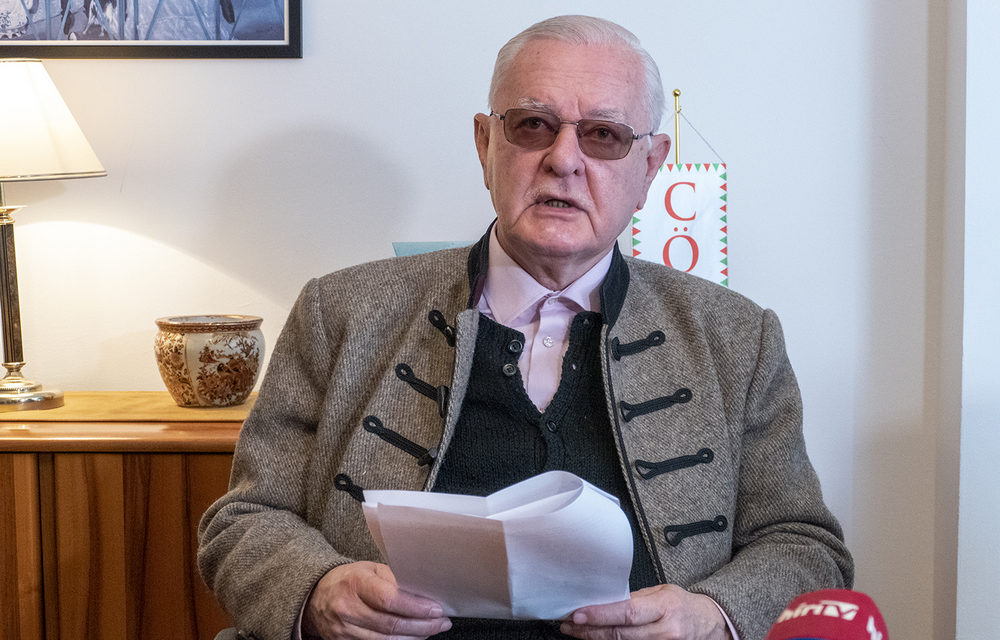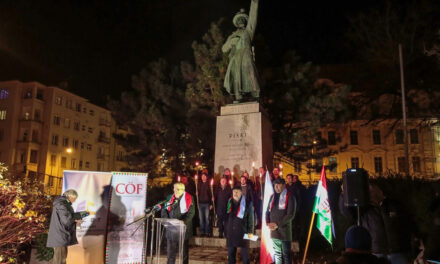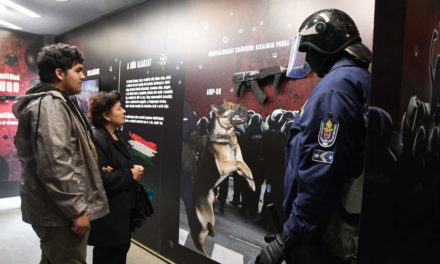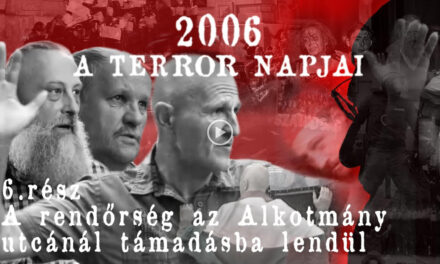The study of lawyer Zsolt Zétényi, a former member of parliament from the MDF, was presented on Tuesday in Budapest, at the press conference of the Civil Solidarity Forum - Civil Solidarity Foundation (CÖF-CÖKA).
Zoltán Lomnici Jr. , chairman of the Civil Justice Committee operating within the framework of CÖKA, recalled: Zsolt Zétényi is credited with several justice laws developed in the early 1990s. Their purpose was to bring the communist criminals - at least partially - to justice, and to provide legal justice to the victims, martyrs and disenfranchised of the communist system. This was prevented then, he added.
Referring to the left, he said: those who are preparing for power in the parliamentary elections in 2022, "blood sticks to their hands and the hands of their ancestors". Not only because of the reprisals in 2006, but also in 1956 and after, he pointed out, adding that if the Zétényi justice laws were passed, they would have been held accountable for their actions and received their deserved punishment.
According to his description, Zsolt Zétényi's study, based on the available data, tries to show the estimated number of Hungarians who were destroyed, who fell victim to the arbitrariness, trumped-up trials, use of weapons, beatings, forced interrogations and conditions in labor camps, within or outside the country's borders, of persons controlled by the communist state power or communist ideology.
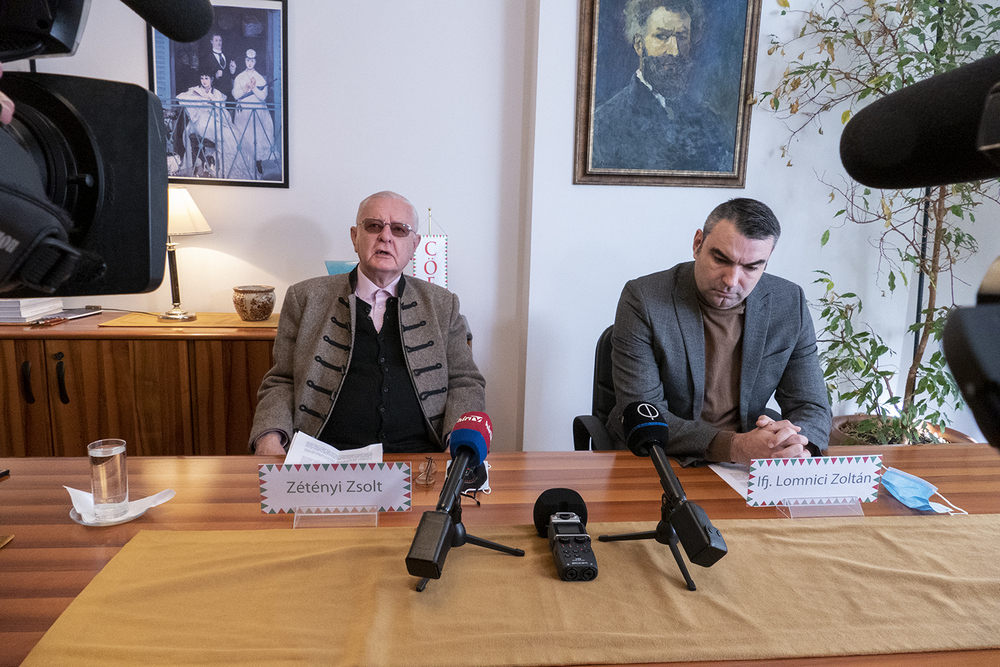
Zsolt Zétényi, a lawyer, and Zoltán Lomnici Ifjabb, a constitutional lawyer, president of the CÖKA Civil Justice Committee
Photo: 2022plusz
Zsolt Zétényi emphasized at the event: a summary similar to the report published in 1920 by the former Deputy Crown Prosecutor Albert Váry on the victims of the Red rule of the Soviet Republic of 1919 was not prepared on the death victims of the decades-long communist dictatorship from 1944. "Our experiment (…) is a starting material," he said.
He announced the details: the Red Terror of 1919 had between 365 and 590 victims. He also classified the Soviet-Russian army's massacre of surrendering, unarmed prisoners of war in the order of thousands to tens of thousands as communist crimes. He also said that the officially 250,000 rapes during World War II, also committed by the Soviet army, could in reality have been much higher, and that in many cases the victim died, and fifty Catholic priests were martyred at that time.
Zsolt Zétényi touched on the fact that, from 1944, the Soviet influence was decisive in violent organizations. As an example of this, he mentioned the mass murder in Gymrő in the spring of 1945, which later had no consequences.
Returning to the South, he explained that Yugoslav partisans had murdered 20,000 to 45,000 Hungarians as a result of, among other things, Marxist-communist-motivated revenge, while official data mentions 5,000 victims. In the same place, he continued, 35 Catholic priests also fell victim.
Zsolt Zétényi also stated that 200-300 thousand of the 700-800 thousand Hungarians and Germans from Hungary who were dragged to Soviet camps did not return, they lost their lives due to inhumane conditions, hunger, cruel guarding, abuse and exhaustion. He continued: between 1945 and 1949, the "markedly political" people's courts executed 189 people for war crimes and crimes against the people, and they were not reviewed. According to him, it is unclear how many of them were guilty or innocent.
He reminded that until 1989, the 1946 "executioner's law" was in force, on the basis of which 253 of the 1956 defendants were executed. Out of 418 defendants in the illegal trials initiated by people from the labor movement, 28 were executed by "their own comrades", he indicated. Regarding 1956, Zsolt Zétényi said: judicial and extrajudicial killings must be separated, because the Soviet army killed countless wounded people in hospitals, and the revolution and freedom struggle actually claimed significantly more lives than the officially estimated three thousand dead in 1956.
In the subsequent reprisals, 229 death sentences were nominally imposed, but some sources put the number of victims at between 300 and 400, he said.
According to the summation of Zsolt Zétényi's approximately 120-page study, from the entry into force of the People's Court Law on February 4, 1945, to July 1988, 1,230 executions took place in Hungary, of which 901 had proven political reasons.
MTI

